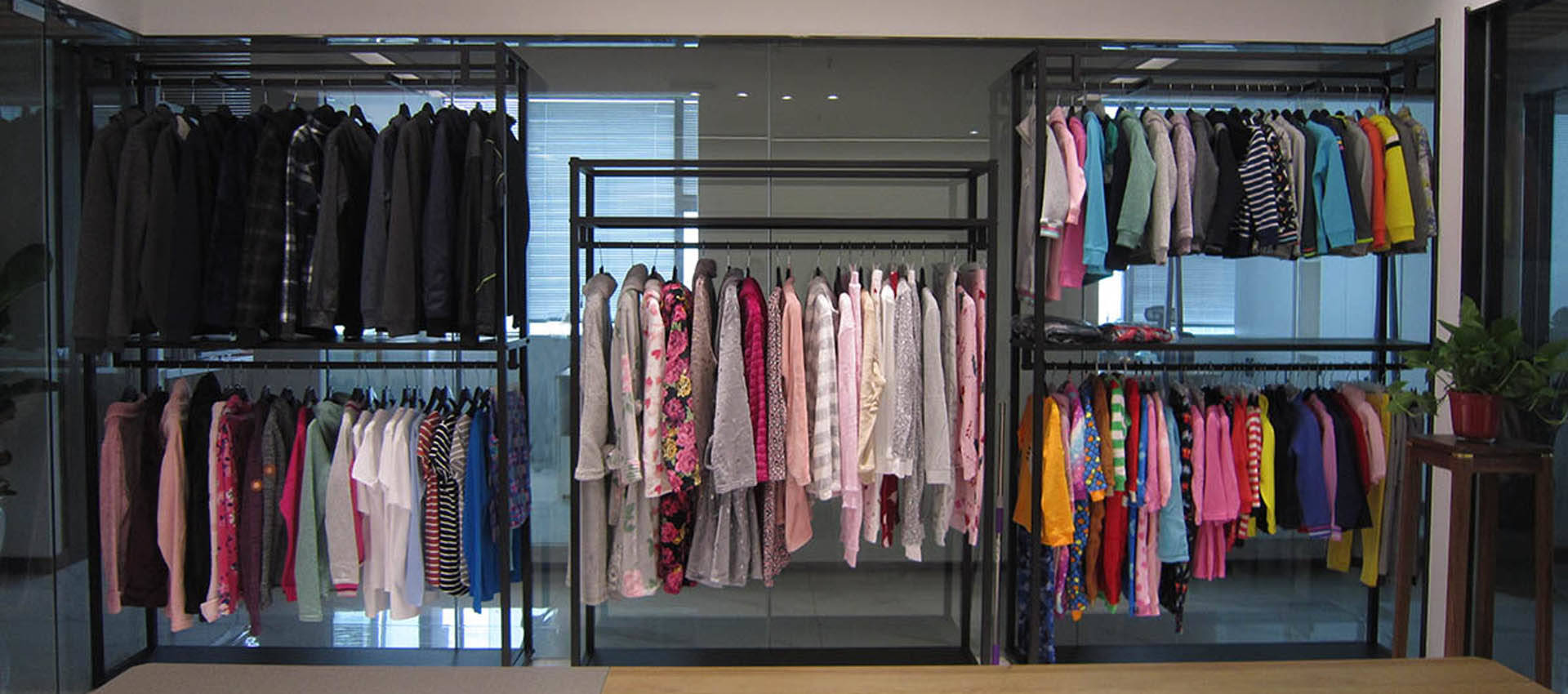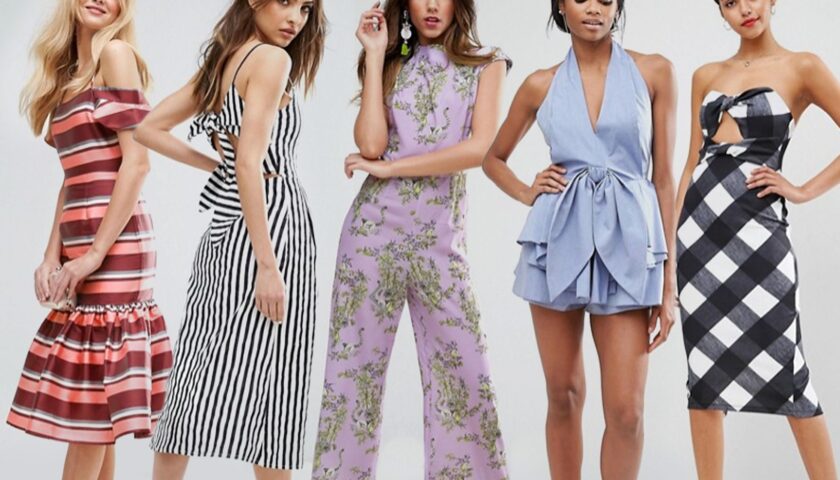Running a successful boutique requires a strategic approach to sourcing high-quality fashion items at competitive prices. One of the best ways to maximize profits and keep your customers engaged is by tapping into the wholesale market for clothes. Whether you are an online retailer, a brick-and-mortar store owner, or a startup boutique, purchasing wholesale allows you to access trendy styles, maintain a consistent inventory, and increase profit margins.
This guide explores the wholesale market for clothes, highlights trusted women’s clothing wholesale suppliers, and provides insight into securing dress wholesale deals that cater to your target audience.
Understanding the Wholesale Market for Clothes
The wholesale market for clothes is an extensive network where manufacturers, distributors, and wholesalers supply bulk fashion items at discounted rates. Retailers can purchase products in large quantities, benefiting from lower costs and a diverse product selection.
Buying from wholesale markets is cost-effective because bulk purchases significantly reduce the price per unit, increasing profitability. Wholesale suppliers keep up with the latest fashion trends, ensuring retailers stay relevant. Partnering with established wholesalers ensures a steady stream of best-selling styles. Many wholesalers offer private labeling, allowing boutiques to create unique brand identities.
How to Find Reliable Women’s Clothing Wholesale Suppliers
Sourcing from reputable women’s clothing wholesale suppliers ensures high-quality apparel that appeals to your customer base. There are multiple ways to find and assess reliable suppliers.
Wholesale fashion markets and districts house thousands of suppliers, making them an excellent starting point. Some of the most renowned wholesale markets include the Los Angeles Fashion District, New York Garment District, Guangzhou Wholesale Markets in China, and Istanbul Textile Market in Turkey. Visiting these hubs allows boutique owners to browse an extensive selection of styles and negotiate pricing in person.
For retailers unable to visit physical markets, online wholesale marketplaces offer an accessible solution. FashionGo, LAShowroom, Tundra, and Alibaba are among the top platforms that connect boutique owners with verified women’s clothing wholesale suppliers. These platforms provide a vast range of styles and flexible order quantities.
Trade shows and fashion exhibitions are another excellent way to discover exclusive wholesale deals and network with suppliers. Some of the most significant events include Magic Las Vegas, Texworld USA, Pure London, and Première Vision Paris. Attending these exhibitions provides firsthand access to new trends and the latest wholesale collections.
Partnering directly with manufacturers can eliminate intermediaries and reduce costs. Countries like China, India, Turkey, and Bangladesh have established themselves as major clothing production hubs. Direct sourcing from manufacturers allows boutique owners to customize clothing and negotiate better pricing.
Securing the Best Dress Wholesale Deals for Your Boutique
Dresses are among the most sought-after fashion items, making dress wholesale sourcing a priority for boutique owners. Finding the best deals requires sourcing from fashion districts, online wholesale marketplaces, direct manufacturers, and seasonal trade shows.
When selecting a dress wholesale supplier, it is crucial to assess product quality by requesting samples, compare pricing and minimum order quantities, check supplier reputation through reviews, and negotiate exclusive deals for long-term partnerships. Establishing strong relationships with suppliers can lead to discounts and priority access to new collections.
Step-by-Step Guide to Sourcing Wholesale Clothing Successfully
The first step is defining your target market by considering customer demographics, fashion preferences, and pricing expectations. Conducting thorough research and shortlisting potential suppliers ensures that the selected partners align with your business goals. Verifying supplier credentials by checking customer reviews and business registrations helps avoid unreliable vendors.
Before placing large orders, it is advisable to request product samples to evaluate fabric quality, design, and sizing consistency. Negotiating pricing and order terms is essential to securing the best deal. Discussing minimum order quantities, payment structures, and shipping costs can optimize the investment.
Starting with a test order allows boutique owners to assess the supplier’s reliability and product quality. Tracking logistics and maintaining clear communication ensures timely deliveries and resolves any discrepancies efficiently. Once inventory arrives, implementing effective marketing strategies is key to boosting sales. Social media promotions, e-commerce optimization, influencer collaborations, and seasonal discounts can drive customer interest and increase conversions.
Key Strategies to Maximize Profitability with Wholesale Clothing
Staying ahead of fashion trends ensures that inventory remains relevant and in demand. Diversifying sourcing channels minimizes risks of stock shortages and delays. Leveraging private labeling allows boutiques to offer unique, branded clothing that distinguishes them from competitors. Optimizing pricing strategies helps balance competitive retail pricing with healthy profit margins. Monitoring customer feedback provides valuable insights into buying patterns and inventory adjustments.
Conclusion
The wholesale market for clothes is a vital resource for boutique owners looking to stock stylish, high-quality fashion at affordable prices. By sourcing from trusted women’s clothing wholesale suppliers and securing competitive dress wholesale deals, retailers can maintain a strong inventory that keeps customers coming back.
Following a strategic sourcing plan, networking with top wholesalers, and implementing smart marketing tactics will help your boutique thrive in the ever-evolving fashion industry. With the right approach, you can unlock profitable styles and establish a successful clothing retail business.





